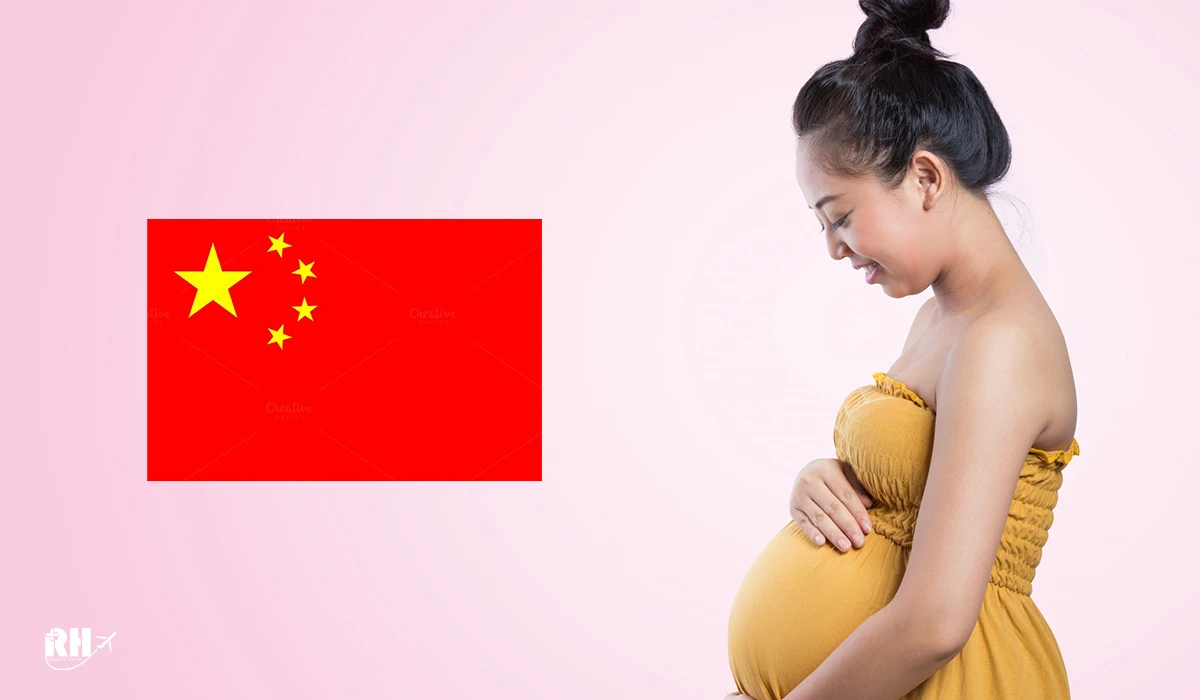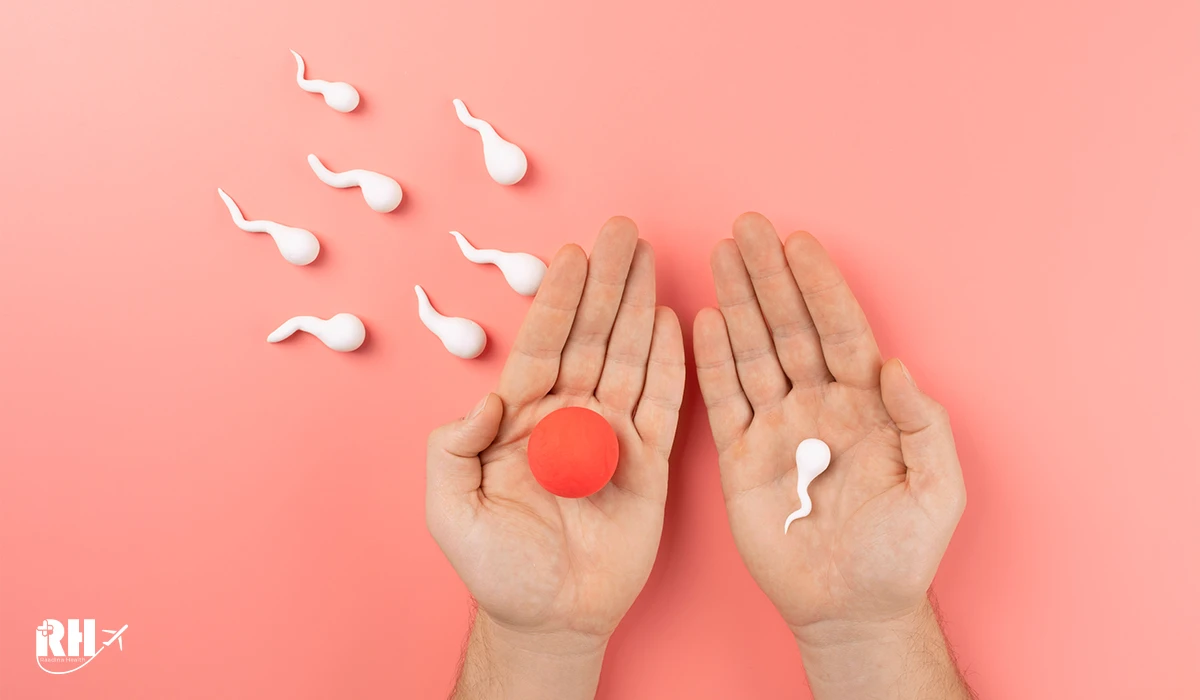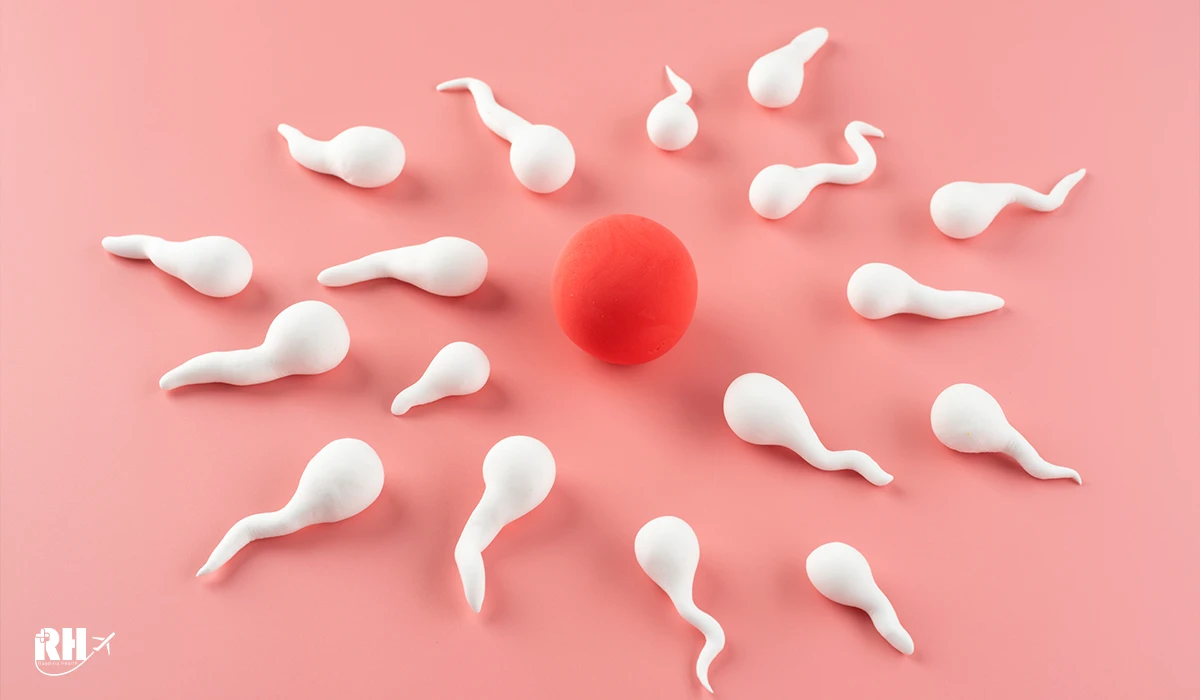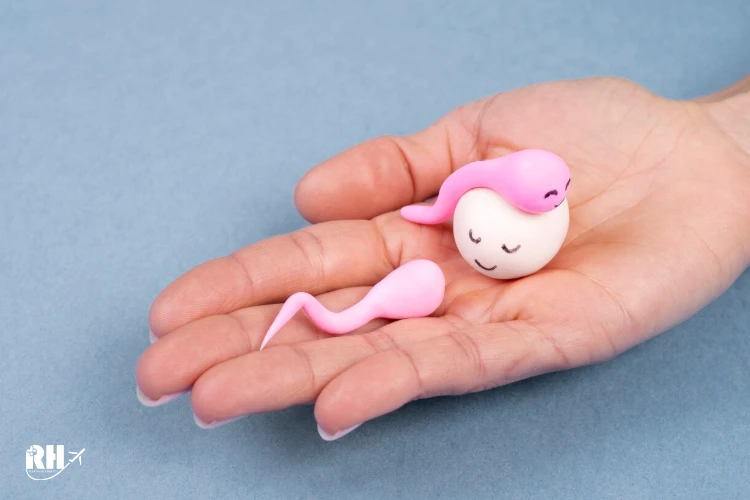Egg donation in Islam is a subject that is not generally forbidden, but may be different under specific circumstances and according to the opinions of religious authorities. This article examines the key religious, legal, and ethical aspects of egg donation. The purpose of this article is to help couples make a clearer and more informed decision.
blog
In India, egg donation is a common infertility treatment, but it is carried out under strict regulations and under the supervision of reputable medical centers. Donors must meet certain medical and psychological criteria, and any commercial activity in this field is limited and controlled. In this article, we will examine the laws, medical procedures, donor requirements, and restrictions related to egg donation in India to provide applicants with a clear and comprehensive view of the process.
The United States is one of the countries where egg donation is legal and supervised by reputable fertility centers. Clear laws, high medical standards, and extensive facilities have made the United States a well-known destination for couples seeking this infertility treatment. In this article, we will examine the conditions, steps, costs, and restrictions related to egg donation in the United States.
Egg donation in China is a sensitive and highly regulated issue. The Chinese government has restricted the process to medical purposes only and in officially licensed facilities, and has banned any commercial or promotional activities in this area. Despite the high demand from infertile couples, strict regulations have kept the process of egg donation in China limited and under strict medical and ethical supervision. In this article, we have thoroughly examined the conditions, laws, and policies governing egg donation in China.
Canada is one of the countries where egg donation is carried out with strict legal and ethical frameworks. In this country, egg donation is non-commercial and payment to the donor is allowed only to cover expenses. The process involves detailed medical and psychological assessments and is carried out under the supervision of health institutions. In this article, all the important aspects of egg donation in Canada are examined, from the legal requirements to the treatment stages and costs.
Egg donation requires the donor to be in good physical and mental health. Certain medical, psychological, or scientific conditions can disqualify a person from donating eggs. In this article, we will examine these factors, including inappropriate age, hormonal or ovarian problems, genetic conditions, psychological and social history, and other legal and medical restrictions, so that donors and couples can know in advance what factors may prevent them from doing so.
Age is a key factor in the success of egg donation. Studies have shown that younger women have higher egg quality and a higher chance of pregnancy for the recipient. The best age range for egg donation is usually between 20 and 35 years old, as this is when there is adequate ovarian reserve, lower risks, and a better response to ovulation-stimulating drugs. In this article, we will take a closer look at the scientific, medical, and legal reasons for this age range.
Egg donation is one of the assisted reproductive techniques that can offer new hope to infertile couples. But many potential donors wonder whether the procedure is painful before making a decision. In this article, we will review all the steps involved in egg donation, the level of discomfort you may experience, post-operative care, and pain relief strategies in simple terms.
Egg donation is one of the most effective methods of treating infertility, but like any medical procedure, it can come with side effects. These can range from mild symptoms like headaches and bloating to more serious ones like ovarian hyperstimulation or infection. In this article, we will take a closer look at the possible side effects of egg donation, the factors that affect them, and how to prevent and treat them.
Egg donation is a sensitive process that requires careful selection of volunteers. Age, general health status, history of genetic and infectious diseases, mental health, and lifestyle are among the most important criteria for accepting donors. Infertility centers usually select women who are between 21 and 32 years old, physically healthy, and mentally and morally prepared to enter the process. Understanding these conditions helps applicants make a more informed decision.









